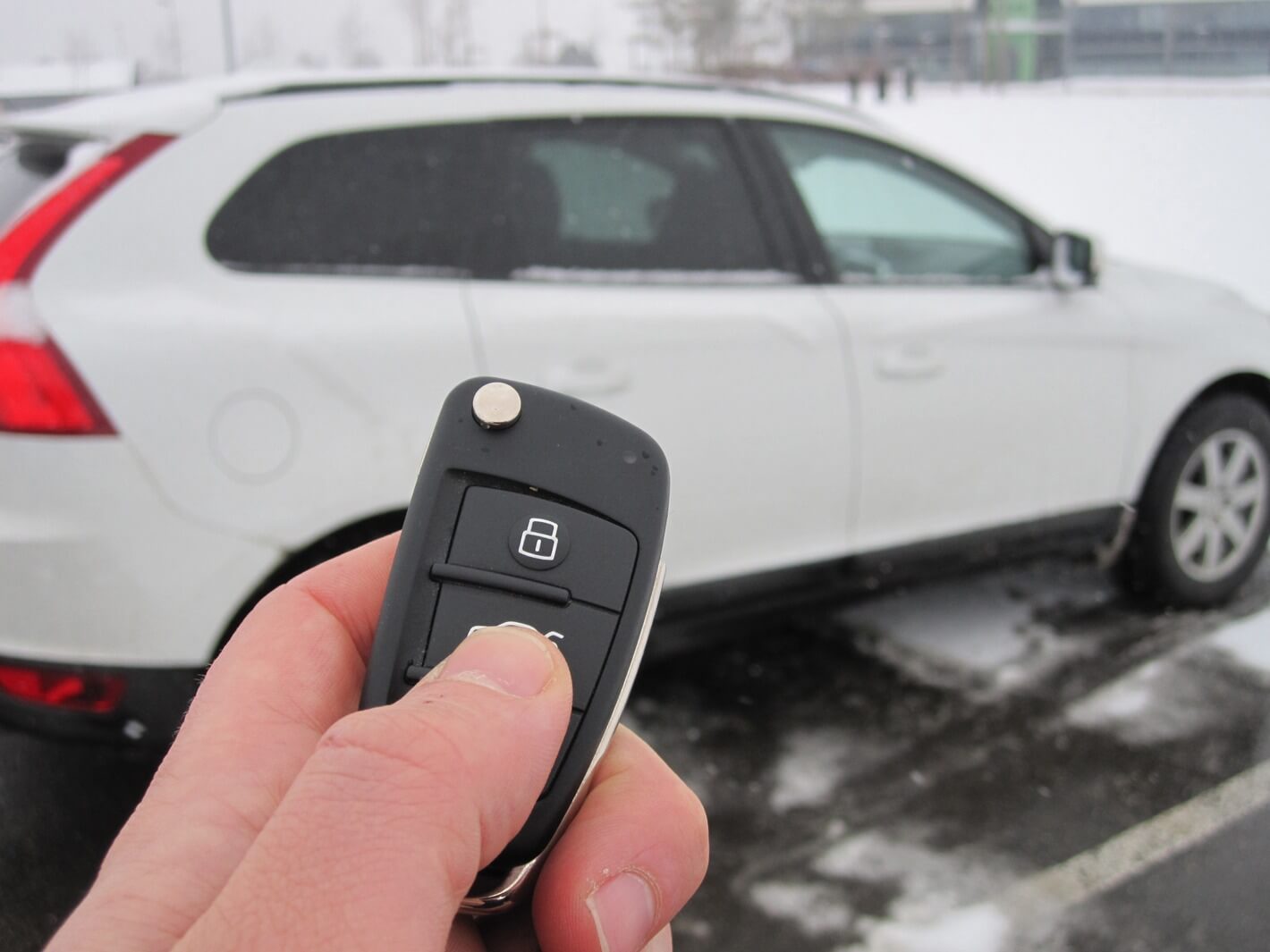Maintaining Your Central Locking System: Essential Tips and Best Practices
Central locking systems are a crucial feature in modern vehicles, offering convenience and enhanced security. To ensure that your central locking system continues to function efficiently, regular maintenance is essential. This guide provides comprehensive tips and best practices for maintaining your central locking system to keep it in optimal condition.
Why Maintenance is Important
Maintaining your central locking system is vital for several reasons:
Ensures Reliability
Regular maintenance helps ensure that your central locking system operates reliably. A well-maintained system reduces the risk of unexpected failures, such as doors not locking or unlocking properly. This reliability is crucial for vehicle security and convenience.
Extends System Lifespan
Proper care and maintenance can extend the lifespan of your central locking system. By addressing minor issues before they become major problems, you can prevent wear and tear that could lead to costly repairs or replacements.
Enhances Security
A well-maintained central locking system provides optimal security for your vehicle. Regular checks and servicing help ensure that all components function correctly, reducing the risk of unauthorized access or theft.
Routine Maintenance Tasks
Check and Replace Batteries
The key fob and remote control batteries are essential for the operation of your central locking system. Regularly check the battery levels and replace them as needed. A weak or dead battery can result in decreased functionality or complete failure of the remote control.
How to Check Battery Life: Most key fobs have a low battery indicator light. If the light dims or doesn’t illuminate, it’s time to replace the battery. For remote controls without an indicator, replace the battery every 6-12 months as a precaution.
Battery Replacement Tips: Use the correct battery type as specified in your vehicle’s manual. Make sure to handle the batteries and key fob with care to avoid damaging internal components.
Inspect Locking Mechanisms
Regularly inspect the locking mechanisms in your vehicle to ensure they are functioning correctly. Look for signs of wear, such as difficulty in locking or unlocking doors, unusual noises, or visible damage.
Visual Inspection: Check for rust, debris, or dirt around the locking mechanisms. Clean any visible dirt or grime with a soft cloth.
Functional Check: Operate each lock manually and electronically to ensure smooth operation. If you notice any irregularities, such as a lock that sticks or doesn’t fully engage, it may require adjustment or repair.
Clean and Lubricate Locks
Dirt and debris can affect the performance of your central locking system. Regular cleaning and lubrication are essential for smooth operation.
Cleaning: Use a soft, dry cloth to wipe away dust and dirt from the locking mechanisms. For more thorough cleaning, use a gentle, non-abrasive cleaner. Avoid getting cleaning solutions on electrical components.
Lubrication: Apply a suitable lubricant to the moving parts of the locking mechanisms. Use a product designed specifically for automotive locks. Avoid over-lubricating, as excess lubricant can attract dust and debris.
Addressing Common Issues
Door Locking Problems
If you experience issues with doors locking or unlocking, it could be due to various factors such as faulty actuators, wiring issues, or misalignment.
Check Actuators: Faulty actuators can prevent doors from locking or unlocking properly. If an actuator is malfunctioning, it may need to be repaired or replaced by a professional.
Inspect Wiring: Damaged or loose wiring can affect the operation of your central locking system. Inspect the wiring for any visible damage or loose connections. If you find any issues, consult a professional for repairs.
Remote Control Issues
If your remote control is not working as expected, the problem could be related to the battery, signal interference, or the remote itself.
Battery Replacement: As mentioned earlier, replace the batteries in the remote control if it’s not functioning correctly.
Signal Interference: Signal interference from other electronic devices or environmental factors can affect the remote’s performance. Try using the remote in different locations to determine if signal interference is the issue.
Remote Repair: If replacing the battery doesn’t resolve the issue, the remote control may be faulty. In such cases, it may need to be repaired or replaced.
System Integration Issues
Sometimes, issues with the central locking system may be due to problems with its integration with other vehicle systems, such as the alarm system or keyless entry.
Check Integration: Ensure that all integrated systems are functioning correctly and communicating properly with the central locking system. Consult your vehicle’s manual or a professional if you suspect integration issues.
When to Seek Professional Help
While many maintenance tasks can be performed by car owners, some issues may require professional attention:
Complex Repairs
If you encounter complex issues with your central locking system that you cannot diagnose or repair yourself, seek the help of a qualified technician. Complex repairs, such as those involving the control unit or intricate wiring, should be handled by professionals.
System Upgrades or Replacements
If you are considering upgrading or replacing your central locking system, it is advisable to consult a professional. They can recommend compatible systems, perform the installation, and ensure that the new system integrates seamlessly with your vehicle.
Conclusion
Maintaining Your Central Locking System: A Key to Longevity and Security
Regular maintenance of your central locking system is essential for ensuring its reliability, extending its lifespan, and enhancing your vehicle’s security. By performing routine tasks such as checking and replacing batteries, inspecting and cleaning locking mechanisms, and addressing common issues promptly, you can keep your central locking system in optimal condition. For complex repairs or upgrades, don’t hesitate to seek professional assistance to ensure your system continues to function effectively and securely.


